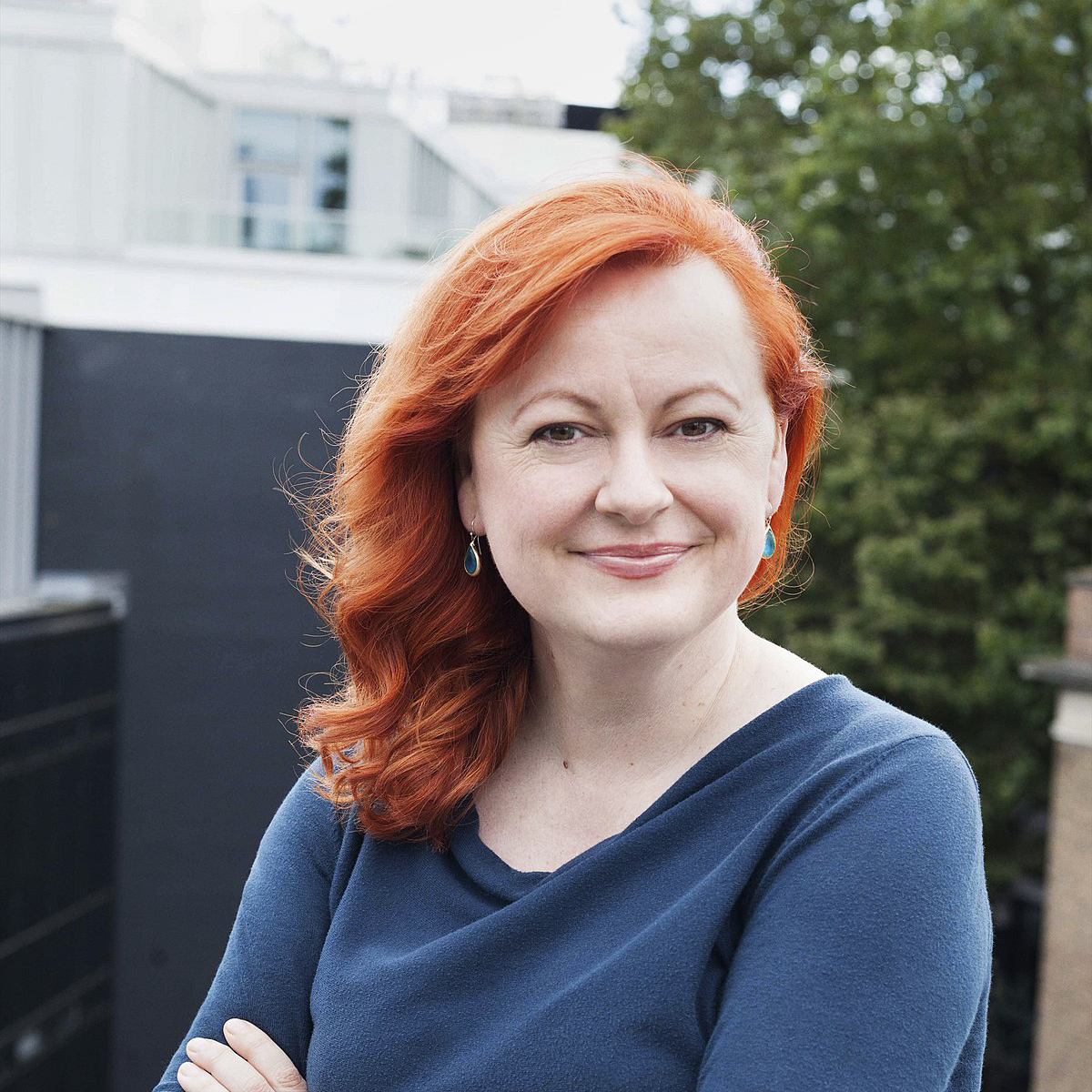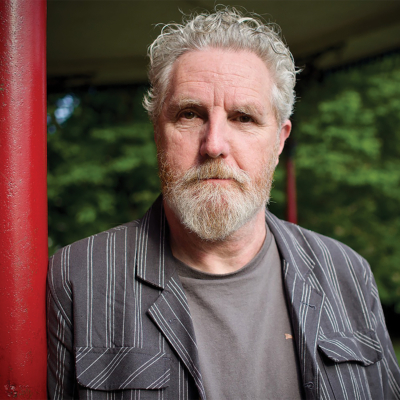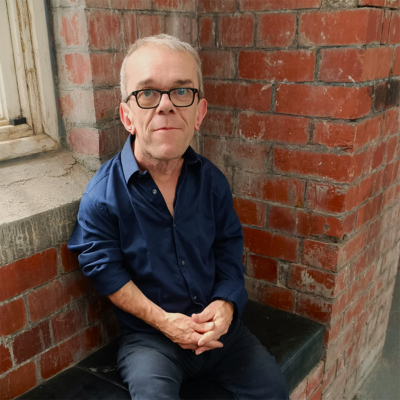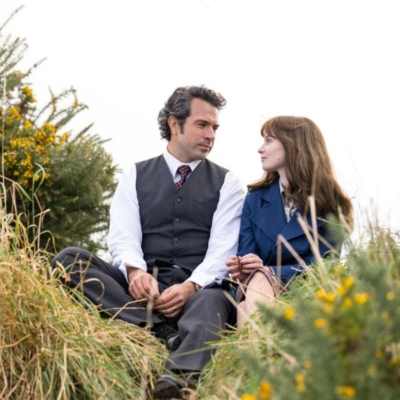Solitaire Townsend is an eco-entrepreneur, sustainability expert and author, renowned for her innovative approach to environmental advocacy. Here she shares why she is a practical optimist and how we can become part of the solution …
As co-founder and Chief Solutionist of the award-winning change agency, Futerra, Solitaire advises organisations such as IKEA, Formula 1, Google and the United Nations on driving entrepreneurial sustainability. She writes a Forbes column and is a popular speaker at global events such as COP and TED, emphasising the power of optimism and proactive solutions in addressing global challenges. Her latest book is The Solutionists: How Businesses Can Fix the Future.
As a pioneer in sustainability, what drove you to take this path years before others? I was raised on a council estate where pollution, fly-tipping, lack of services and inequality was my daily reality. As I went out into the world, I discovered that same reality on much larger scales: especially the unfairness of how climate change most hurts those least responsible for it. In the late 1990s, I studied on one of the first ever post-graduate degrees in sustainability. Learning about the incredible solutions was a revelation! I’ve been fired up to tell people about them ever since.
What is the most surprising thing about you? I’ve worked on the science and impact of climate change for nearly 30 years – and I’m an optimist. People sometimes assume sustainability leaders are doomsayers, but I’m very hopeful about humanity’s potential to solve the climate crisis. Despite the setbacks and magnitude of the challenge, I’m continually energised by solutionists: the incredible people making progress every day.
What personal challenges have you faced, and how did you overcome them? One of the biggest personal challenges I’ve faced was balancing my neurodivergent traits with the expectations of the corporate world. Being diagnosed with autism later in life helped me understand myself in ways that made all the difference. My unique perspective, attention to detail and passion for focus can sometimes clash with what’s expected. Overcoming this hasn’t been about ‘changing myself’ but instead embracing my abilities and relying on the incredible team of Futerrans around me.
What traits do neurodivergent people bring to solving social and environmental problems? Neurodivergent people often bring intense focus, highly turned pattern recognition, and lateral and divergent creativity to the table. For me, being autistic means that solutions are my ‘special interest’ and I never tire learning about them. I’m working with academics, educators and even neuroscientists to map more of the possibilities of how neurodivergent thinking can serve sustainability.
What inspired you to become an eco-entrepreneur and set up Futerra?
In 2001, the idea of an agency devoted to sustainability was bold, even radical. But I felt there was an urgent need to bring creativity into the climate conversation. Futerra was founded to fuse the logic of the science with the magic of communication. It wasn’t easy convincing companies to care about sustainability back then. But persistence, a passionate team and a willingness to challenge the status quo helped bring it to life.
Your storytelling balances logic with empathy – how can it act as a catalyst for change? Storytelling is the bridge between facts and feelings. Climate change data and policies may appeal to our logic, but storytelling inspires action, turning complex science into simple narratives that reach beyond the ‘bubble’ of folks who are already in the know. It’s the magic of transforming cold statistics into visions of a sustainable, thriving world that we all want to live in – and that’s how real change begins.
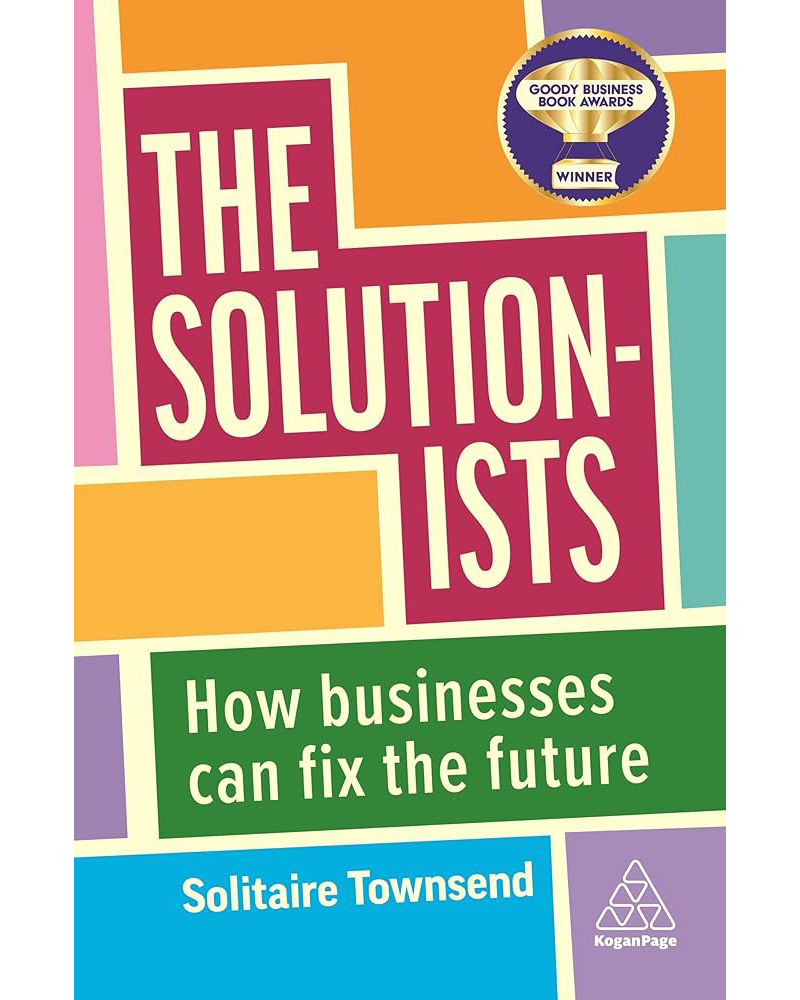
In your new book, The Solutionists, you champion a solution-focused mindset to address problems. What does it mean to be a solutionist? It means being a problem solver. The biggest problem we face today is climate change. Solutionists refuse to be paralyzed by despair; they’re visionary, flexible, tenacious and mission-driven. It’s a mindset that pushes us forward, past the rhetoric and into the territory of real action.
How can this mindset galvanise people, businesses and politicians to create change? When people see feasible, exciting solutions, they’re inspired to get involved and this energy spreads through society. For businesses, this mindset redefines sustainability from a “cost” into an opportunity for innovation, profit and purpose. Solutions can shift the narrative from sustainability being “sacrifice” to “benefit,” sparking collective enthusiasm to create a better world.
The book promotes practical optimism. What makes you feel optimistic? People. Over decades of working in sustainability I’ve worked alongside and learned about literally hundreds of millions of solutionists. This is a huge movement that includes activists, CEOs, school kids, inventors, artists, medics, parents and grandparents. More and more individuals are choosing to make a positive impact, and when we join forces, incredible things happen. Despite the setbacks, I believe we are heading into a Solutions Century.
What are some simple, impactful climate-positive actions that we can all take in our personal and professional lives? Small daily actions add up: plant-based meals, reducing waste, switching to green energy, voting for change and getting involved in community initiatives are all meaningful steps. Professionally, advocate for sustainability within your company, support climate-positive projects and, if you’re in a leadership position, set clear goals for your organisation. Climate action doesn’t always have to be grand – it’s often the consistent, smaller actions that lead to widespread change.
What are the greatest myths and traps in sustainability, and how can we best avoid them? The biggest myth of all is that sustainability demands sacrifice. I just don’t get it because the opposite is true. Living sustainably will get you a better night’s sleep, help you lose weight, give you more time with your kids and enhance your career. I am an abundance person! I like fun. I like shopping. I’d love to see a lot more selfish sustainability. I’d love to get rid of the myth that you have to hurt to save the world.
You advocate for systems change. How would you reinvent our systems? I would plan our systems. Almost everything in how modern life functions is a messy mush together of stuff that came before for different reasons. They are a hodgepodge of various things sellotaped together. I would system out the farcical amount of waste that’s costly for people, damaging to economies and terrible for the environment.
What will be the impact of Trump’s presidency, in your opinion? If you’re poor or a woman or a person of colour, it’s going to be really rough. From a climate perspective, in the short term there’ll be panic that everything’s going to go backwards. A lot of the transition towards renewables will continue. It’s not like the US has been this massive, shining leader on climate. The individual states are incredibly powerful. New York and California will take more action under a Trump administration than they would have done under a Harris administration.
As one of the speakers at AIB’s upcoming Sustainability Conference, what will be your key message to the wider audience? That we can all be solutionists. We have the answers and the momentum; we just need to match our ambition with decisive action. The future isn’t something that happens to us – it’s something we can shape and, together, we can create a world where people and the planet thrive.
Solitaire Townsend will be speaking at the eight annual AIB Sustainability Conference on Monday November 25, which takes place from 9am to 1pm. The event is free to attend virtually with registration open at AIBsustainabilityconference.ie/register.
Aisling Ryan is a global strategist and sustainability consultant.





